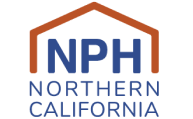The Policy Pipeline: April 30, 2021
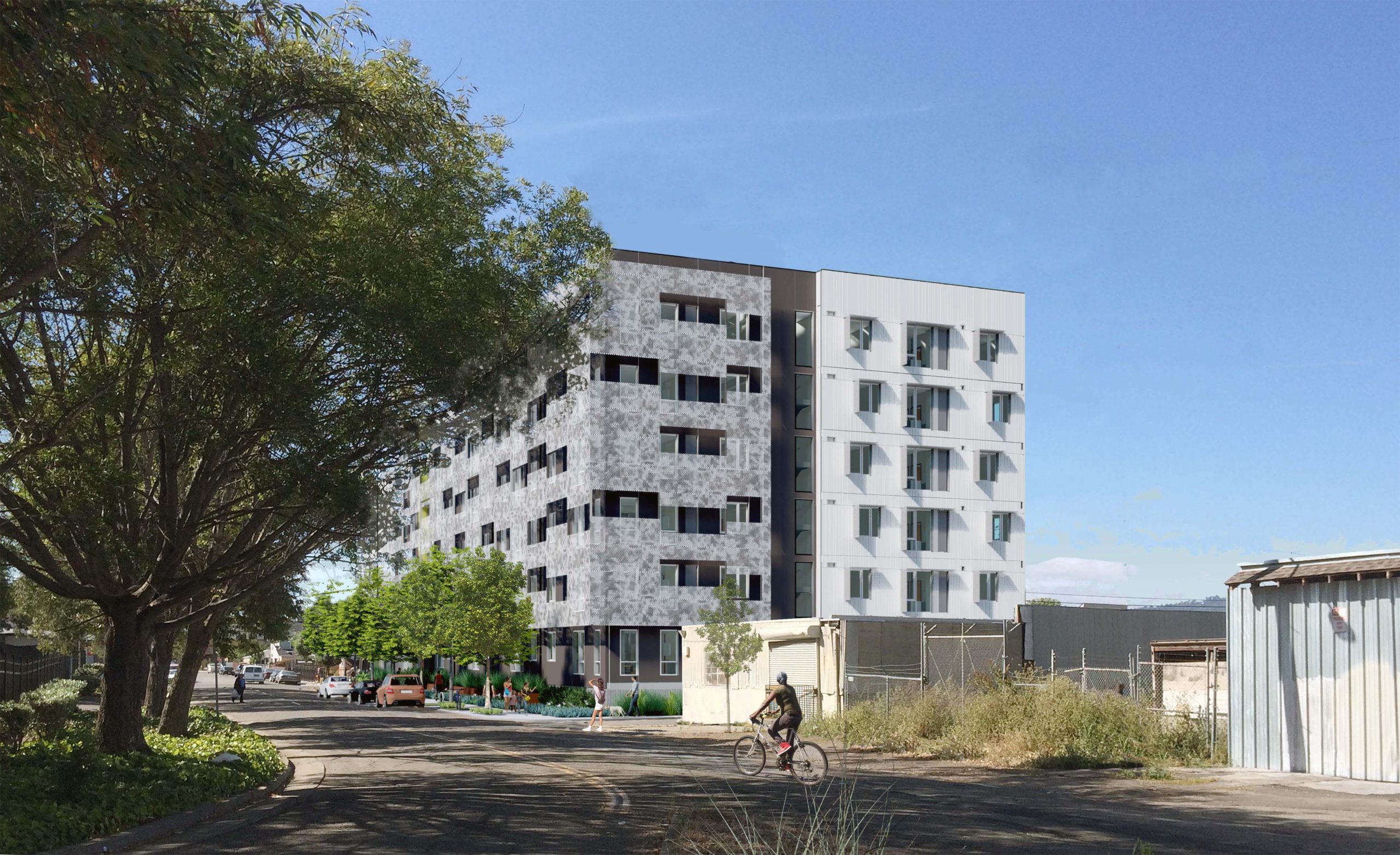
The Mercury News: Bay Area gets more housing funds, local mayors warn it’s not enough
April 29, 2021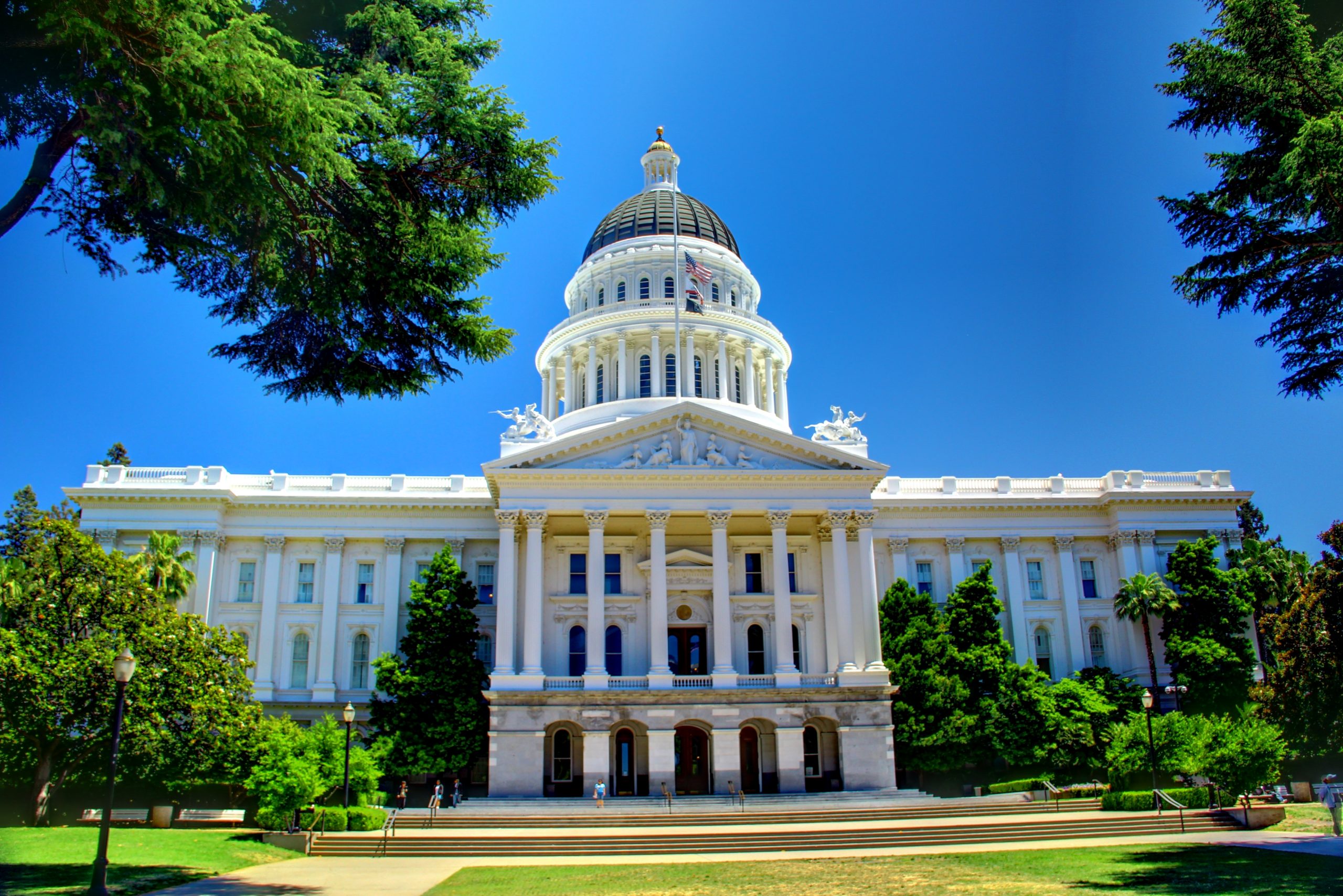
RELEASE: New Reports on Bay Area Housing Costs Demonstrates Need for CA Legislature and State Budget to Prioritize Affordable Housing Now
May 6, 2021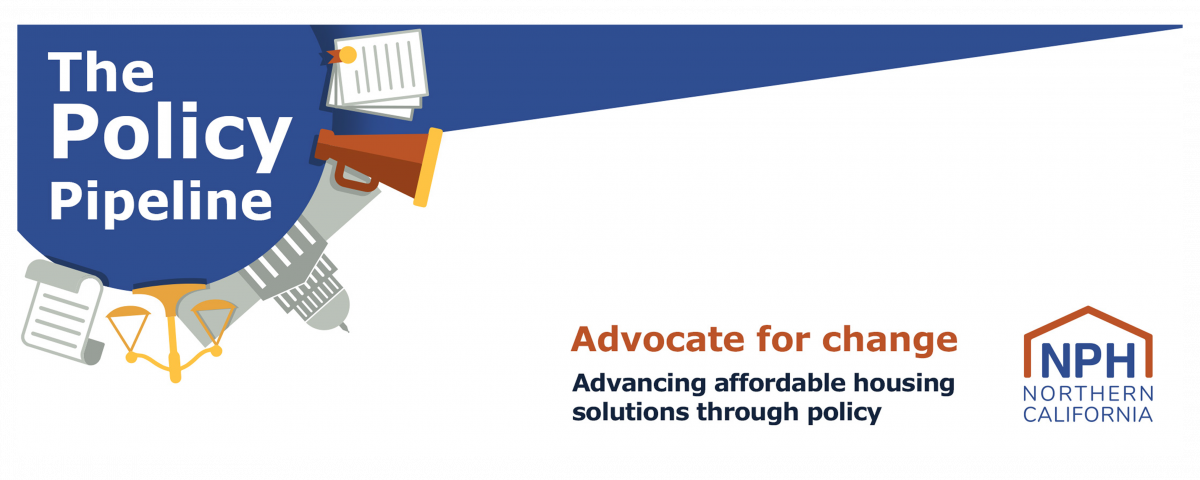
To stay on top of all of our legislative updates, sign up for The Policy Pipeline newsletter today!
Coming down the pipeline in this month’s edition:
- Legislation for Homelessness and Housing Moves Ahead!
- Legislative Environment Leads to Delays in Key Priorities
- State Budget: NPH Works with Regional Partners to Push for Major State Affordable Housing Investments
- On the Federal Level: Affordable Housing Credit Improvement Act (AHCIA) Would DOUBLE California’s Affordable Housing Production
- Bay Area Secures Additional Affordable Housing Resources at the State Level
Legislation for Homelessness and Housing Moves Ahead!
We are thrilled to share that two of NPH’s policy priorities have recently advanced:
- AB 71 (Rivas): This bill would create a $2.4 billion annual allocation for homelessness and housing by increasing corporate tax rates. Yesterday, it passed the Assembly Housing and Community Development Committee with a 5-2 vote. Next stop for AB 71 is the Assembly floor.
- AB 528 (Wicks): This bill would improve how nonprofit affordable housing developers can get access to tax delinquent properties in order to convert them to permanently affordable housing. This week, it advanced out of the Assembly Revenue and Taxation Committee on a strong 7-2 vote and now heads to Assembly Appropriations.
As always, NPH needs your help moving these critical housing policies forward in California. Endorse our priority legislation now! Your endorsement of NPH’s priority bills helps us make the case for more affordable housing to lawmakers and others.
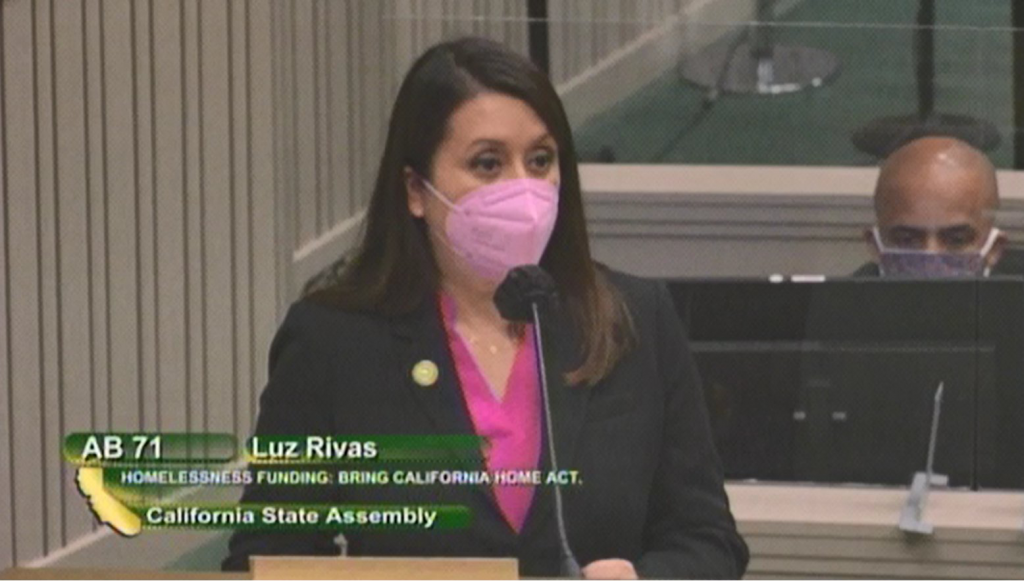
Legislative Environment Leads to Delays in Key Priorities
- AB 1271 (Ting), which would have strengthened the Surplus Lands Act, became a two year bill after unexpected opposition arose. When a bill becomes “two year” it means that it will be heard again next year at the committee where it stopped advancing. NPH and our partners will continue to work on improving and strengthening the Surplus Lands Act and the bill will resume its course through the Legislature next year.
- SB 5 (Atkins) will also become a two year bill. This bill would have been a $6.5 billion bond for affordable housing production, to be placed on the ballot in 2022. While the state deliberates on how to apportion its historic surplus, Senate President Pro Tem Toni Atkins chose to delay consideration of this bill until next year, when we hope the state will have made significant new investments in affordable housing and homelessness.
Bills will need to have gone through policy committees by May 7th and then will leave their house of origin on May 21st at the latest.
State Budget: NPH Works with Regional Partners to Push for Major State Affordable Housing Investments
With a major budget surplus (which the Legislative Analysts’ Office estimates could be up to $50 billion), NPH partnered with All Home, the Bay Area Council, and SPUR to request significant new investments in housing and homelessness, including:
- $20 billion over 5 years to be spent on various homelessness prevention programs and services;
- $13 billion to be spent on the construction of new affordable housing, including $3 billion to build stalled HCD-funded projects and $10 billion to fund affordable housing production in our state through the multi-family housing program, farmworker housing programs, down payment assistance, affordable homeownership, and low income weatherization programs;
- $18.5 million to set up the Bay Area Housing Finance Authority (BAHFA) and launch the five pilot programs that will work to sustain the momentum of grassroots support and philanthropic interest in BAHFA;
- $500 million to acquire and rehabilitate “naturally” occurring affordable housing and convert them into permanent affordable homes; and
- $500 million to help low- and moderate-income homeowners construct Accessory Dwelling Units (ADUs).
The Governor will unveil his budget priorities on May 15 and Legislators must approve a final budget by June 15th.

On the Federal Level: Affordable Housing Credit Improvement Act (AHCIA) Would DOUBLE California’s Affordable Housing Production
Introduced earlier this month, The Affordable Housing Credit Improvement Act (AHCIA) is NPH’s number one federal priority and we are working with California Housing Partnership (CHPC), Bay Area Council, and others to meet with our federal representative to urge them to endorse the act.
The AHCIA is bipartisan legislation and would strengthen and expand the Low-Income Housing Tax Credit. It is unique in that it would double affordable housing production now (in 2021 and 2022) as well as increase California’s affordable housing production by 329,500 units and 2 million new affordable homes nationally over the next 10 years, combining near term goals (such as lowering the 50% bond test) and long term goals (such as increasing the 9% allocation) for more affordable housing in our state.
Learn more about the act with this blog from our partners Novogradac.
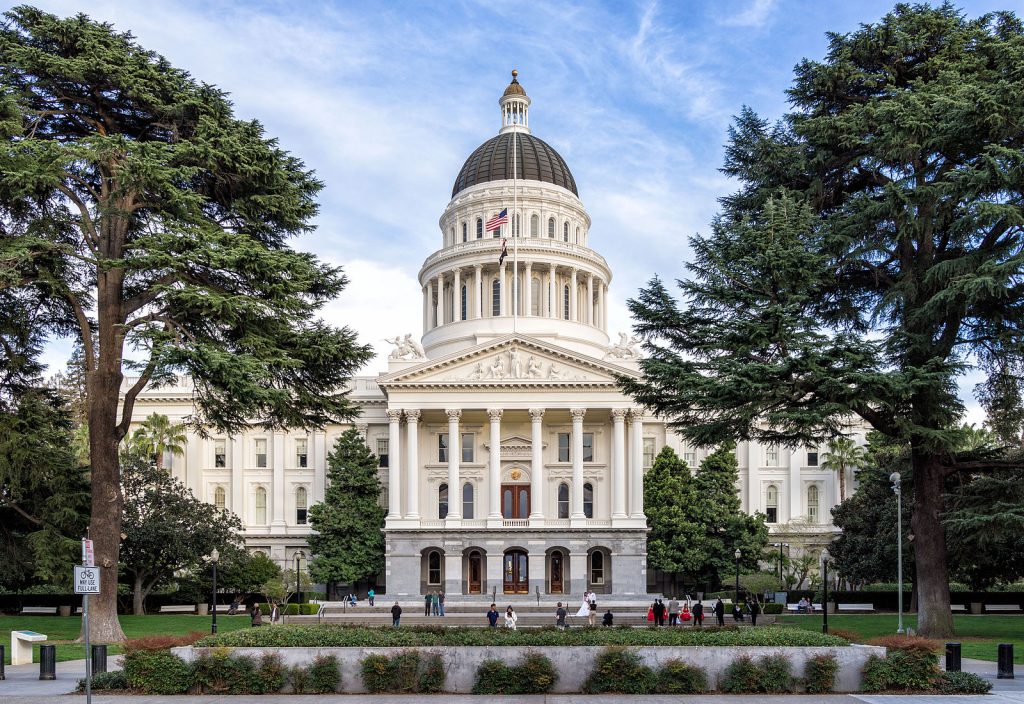
Bay Area Regulatory Update: Affordable Housing Funding Allocation
Earlier this week, the California Debt Limit Allocation Committee (CDLAC) met to adopt a revised set of regulations that will set the rules for how affordable housing funding is allocated throughout the state in 2021.
Through concerted advocacy involving the Bay Area State Legislative Caucus and the Mayors of San Francisco, Oakland, and San Jose, NPH was able to get CDLAC to approve an increase to the Bay Area allocation of tax exempt bonds from 17% to 21%, and CDLAC made modest adjustments to the tiebreaker to account for our region’s higher construction costs. While other parts of the state opposed even these modest changes, NPH member advocacy was key to holding the committee together around these modest gains.
We will need to keep making our case as CDLAC/TCAC lay the groundwork for more extensive changes in the regulations for 2022, particularly around a benefits based tiebreaker and HCD projects. NPH is working on two white papers, one on the impacts of the regulations as they are for the Bay Area (we will take into account this week’s adjustments) and a second one on Affirmatively Furthering Fair Housing. Stay tuned for future meetings to continue making progress on Bay Area priorities.
To stay on top of all of our legislative updates, sign up for The Policy Pipeline newsletter today!
